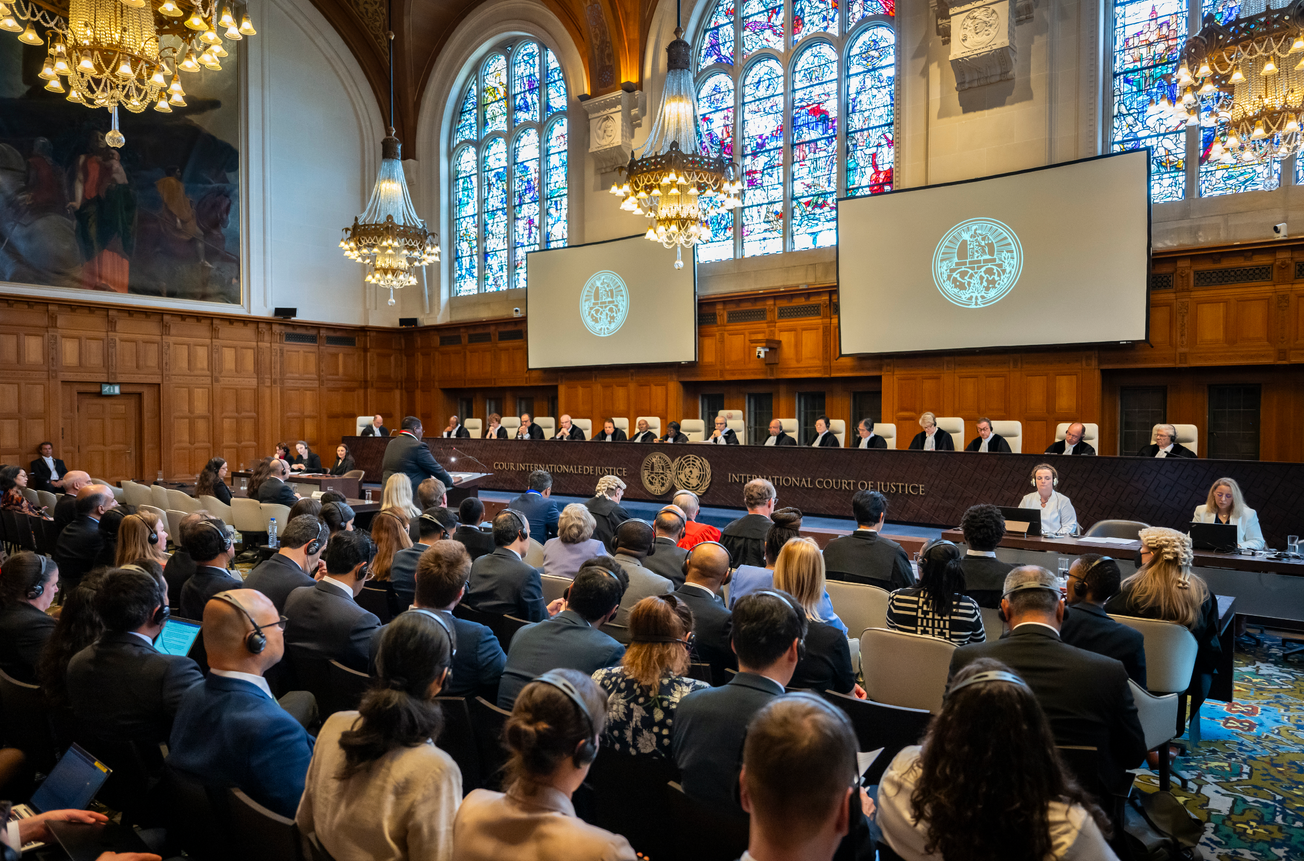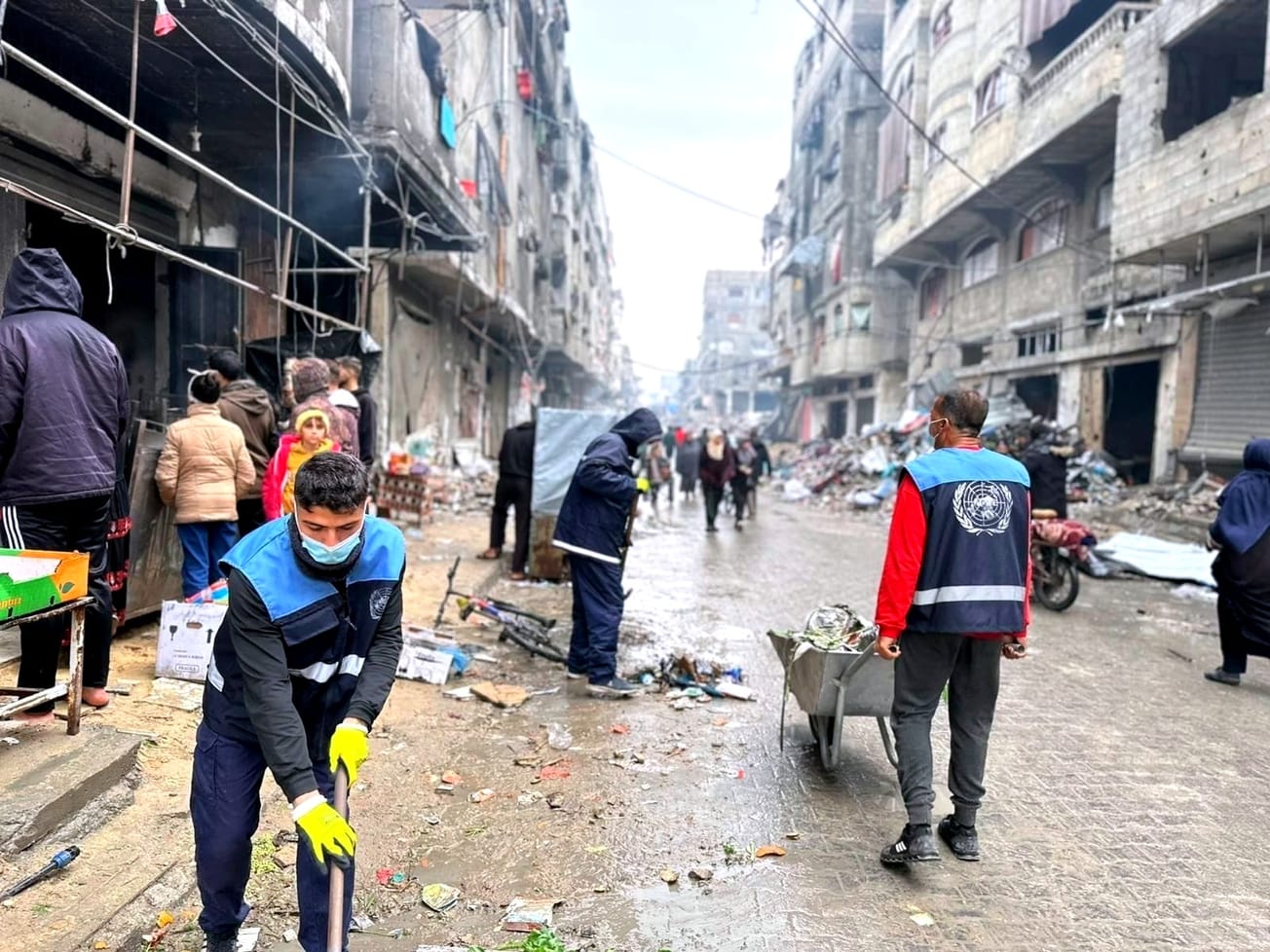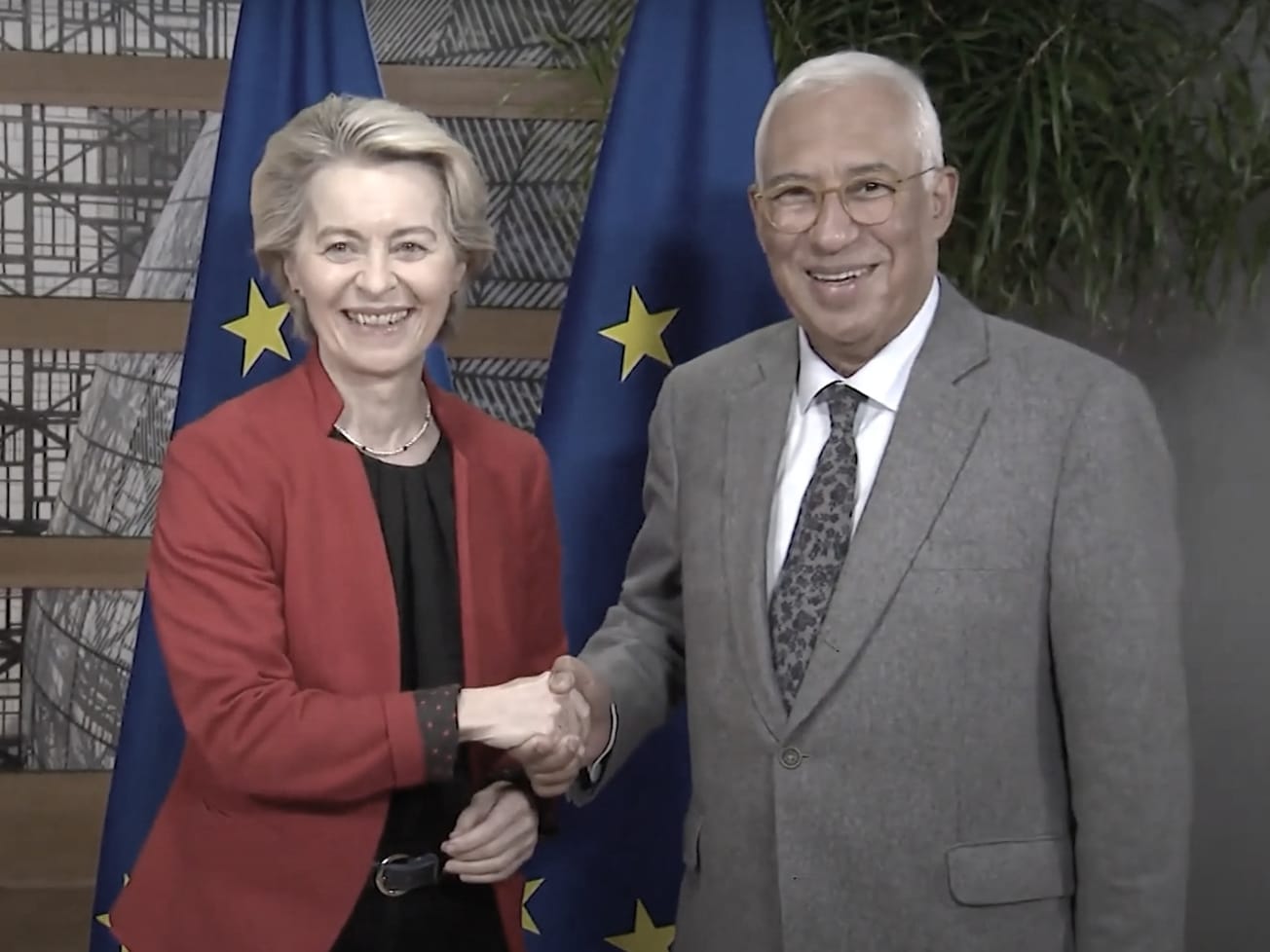BRUSSELS (AN) – Israel fiercely rejected charges of genocide at the International Court of Justice, arguing it is doing everything it can to protect civilians during its military operations in Gaza.
Lawyers for Israel on Friday said that South Africa, which brought the case to the United Nations' top court, was acting on "outrageous distortions" that made it essentially a "legal arm" of the militant group Hamas that killed 1,200 Israelis and kidnapped 250 more in an Oct. 7 attack.









